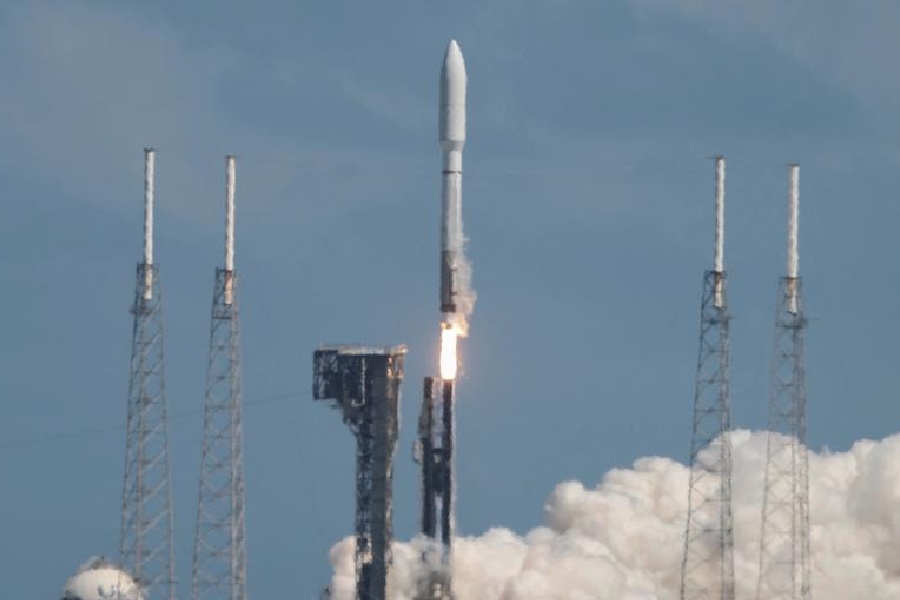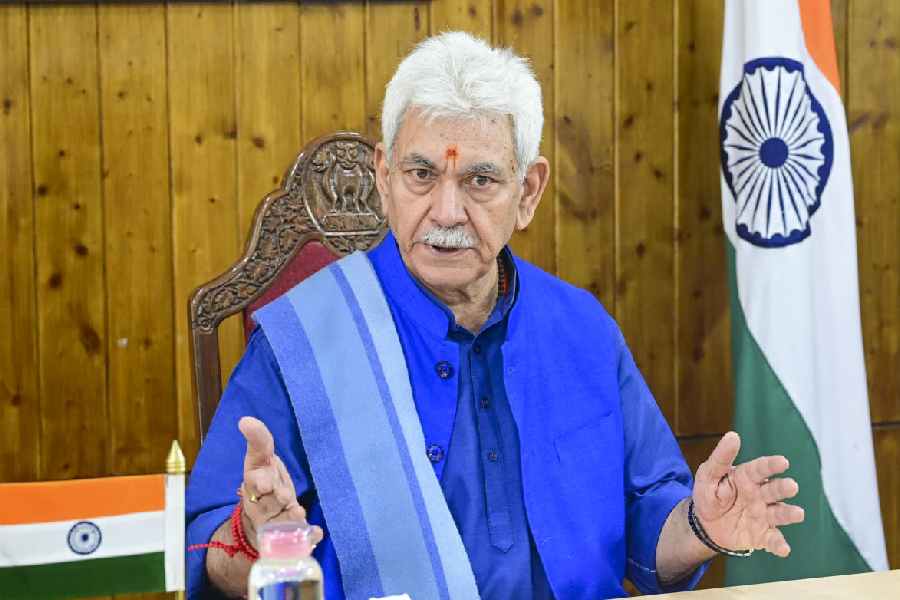Amazon has deployed the first pair of prototype satellites for its global internet service into space on Friday, from the southern US state of Florida.
This marks the big tech company's first step before launching thousands of such satellites into space to enable Project Kuiper — the rival to SpaceX's Starlink.
The Atlas V rocket with Amazon's logo lifted off from Cape Canaveral at 2:06 pm Eastern time (1800 GMT), with the two prototypes. The launch was carried out by United Launch Alliance which is a joint venture between Boeing and Lockheed Martin.
"We've done extensive testing here in our lab and have a high degree of confidence in our satellite design, but there's no substitute for on-orbit testing," said Rajeev Badyal, Project Kuiper's vice president of technology.
The liftoff was live streamed shortly and ended before it showed the deployment of the satellites. Amazon, however, announced that the prototypes had been successfully deployed in orbit and were in contact with the company's mission center.
What do we know about Project Kuiper?
Project Kuiper is a planned broadband internet service from low-Earth orbiting satellites. It was announced in 2019, the year SpaceX began deploying its first operational Starlink spacecraft. Starlink is SpaceX's internet-from-space project.
Amazon founder Jeff Bezos has said that once up and running, Project Kuiper will provide "fast, affordable broadband to unserved and underserved communities around the world."
Amazon had then vowed to invest $10 billion (€9.4 billion) into the project. The market for such an internet service is estimated to be up to tens of billions of dollars in the next decade.
If Amazon's test satellites perform as expected, it will deploy 3,236 more satellites in the next few years and offer broadband internet globally. In comparison, Starlink already has some 5,000 Starlink satellites in orbit.
Who else is competing with Kuiper?
Other companies in the space include Canada's Telesat, which has not launched any of its 300 planned satellites yet, and French satellite firm Eutelsat's OneWeb, which mainly offers its internet service to governments and businesses.
China plans to launch 13,000 satellites as part of its GuoWang constellation, which would be in direct competition with Starlink and Kuiper.
Amazon, which aims to provide internet services to individual consumers, has not revealed a price point yet. Starlink terminals are currently priced at $599 (€565) each.










